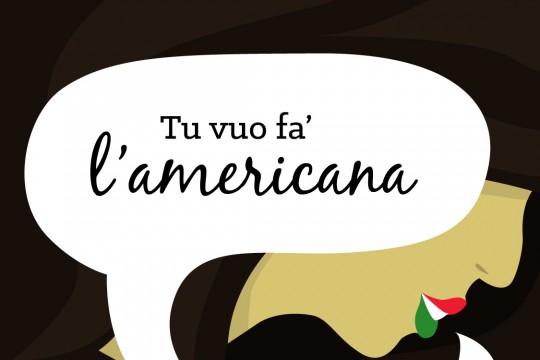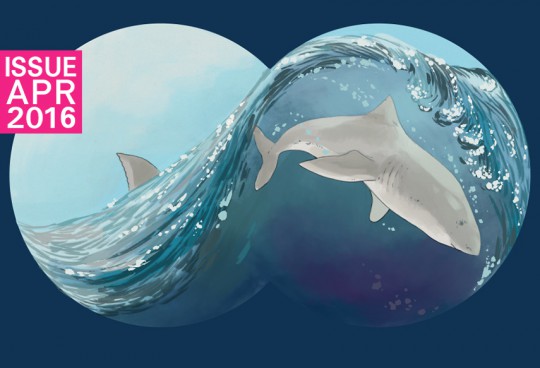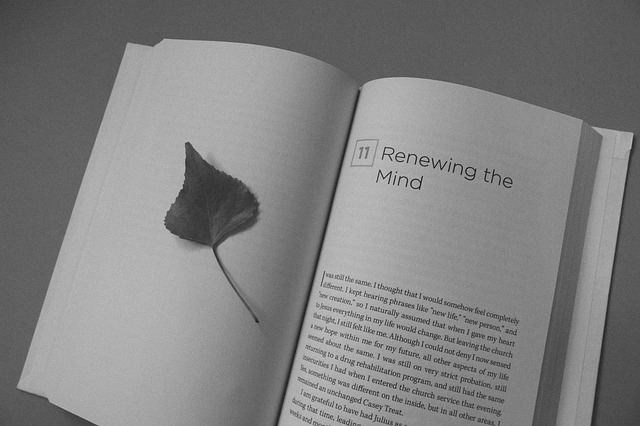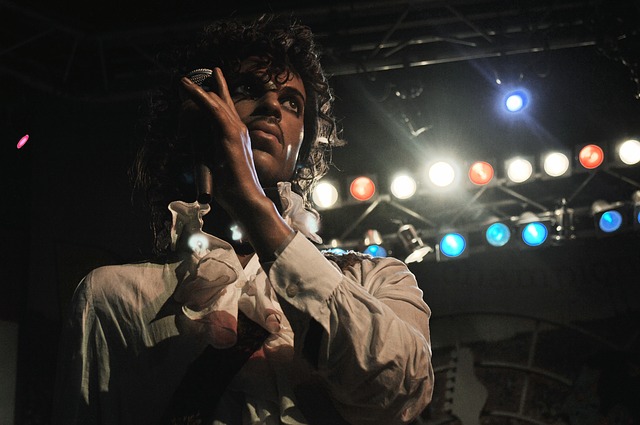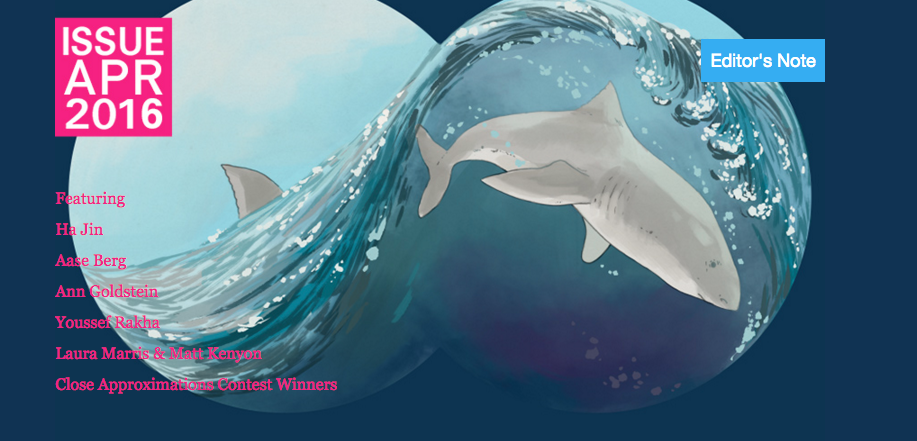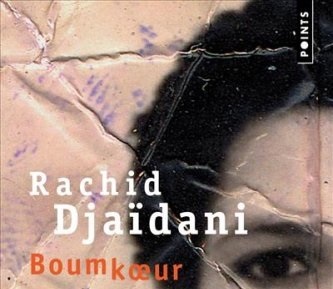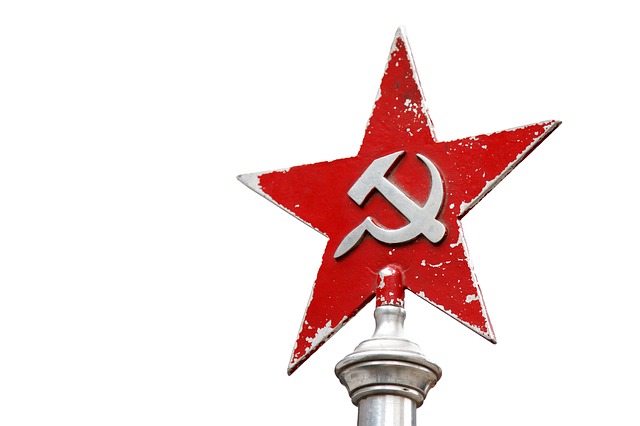My partner travels a lot for work and whenever he goes somewhere that he can snag Italian pubs, he brings me back an armload. Usually two editions of an Italian newspaper (La Repubblica and Il Corriere della Sera), one or two of the news weeklies and a lifestyle or travel mag like Bell’Italia.
I array them all on the dining table and prepare to immerse myself in an Italian mag reading marathon. It’s a ritual we’ve been performing ever since leaving Italy years ago to come back to the States.
Yet in the past few years, there’s been a fly in my spaghetti, so to speak. My beloved Italian periodicals are littered with English words and phrases. That complaint can extend to many of the news articles I see online or in my inbox on a more-or-less daily basis.
Recently, a promotional email from the Italian women’s magazine “Io Donna” about an article on swimwear caught my eye (I love swimming). The email read, “4 accessori must have per la spiaggia.” (Four “must-have” accessories for the beach).
Something snapped—and I began writing this essay. Or really, this rant. It’s one I’ve been honing in my head, if one can hone a rant, for years. I’ve held off on sending this thought out into the wider world because it somehow felt churlish, as if I were a Luddite.
At first blush, the complaint has nothing to do with the literary world or the world of literature in translation that Asymptote celebrates and chronicles. An ad for swimwear: of all the silly things to write about!
But who learns a foreign language only to read, say, Dante? I want to read Dante and the Italian newspaper and the weeklies and advertisements on the Metro and the underground comic books and so on. I want to know the Italian equivalent of “must have.” READ MORE…

